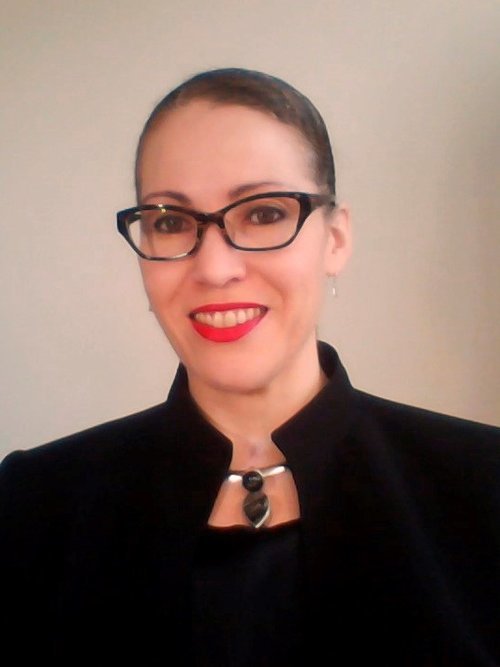Chanda Laine Carey
Chanda Laine Carey is the Andrew W.
Mellon Diversity Postdoctoral Fellow at the New York University Center
for the Humanities. She specializes in Contemporary art in global
context, and presents her research internationally. Her work focuses on
the transcultural aesthetics of Contemporary art, with an emphasis on
artists whose practices reflect the influence of cosmopolitan worldviews
and experiences. Her research agenda reaches across borders and
cultures, disciplines and media, pursuing a more diverse and inclusive
scholarly approach to the criticism and history of Contemporary art.
These studies frequently explore the global geographies of artists’
interest in philosophy, science, and religion. Her dissertation and
ongoing research on Marina Abramovic addresses the development of
Abramovic’s transcultural performance aesthetic as a reflection of her
spiritual life and global travels, the role of public participation in
her work, recent collaborations with neuroscience, and the accelerating
globalization of her image in the media.
Dr. Carey has published
widely on American artists including Robert Rauschenberg, Jack Whitten,
and Lita Albuquerque, as well as international artists Marina Abramovic
(Serbia), Xu Bing (China), and Vik Muniz (Brazil). Her criticism has
appeared in NKA: Journal of African Contemporary Art, YISHU: Journal of
Chinese Contemporary Art, and artillery magazine. The art of the
African diaspora features strongly in her research, with multiple
studies of Contemporary African American artists in curatorial and
academic contexts. She has contributed research to the exhibition Dimensions of Black
at the Museum of Contemporary Art San Diego, and presented her research
on Jean-Michel Basquiat for the Association of Critical Race Art
History.
She holds a PhD in Art History, Theory and Criticism from
the University of California at San Diego, and an MA in Theory and
Criticism from Art Center College of Design. The Andrew W. Mellon
Foundation, the European Science Foundation, the Max and Iris Stern
International Symposia, and the Société Européene pour l’Astronomie dans
la Culture have supported her research.

